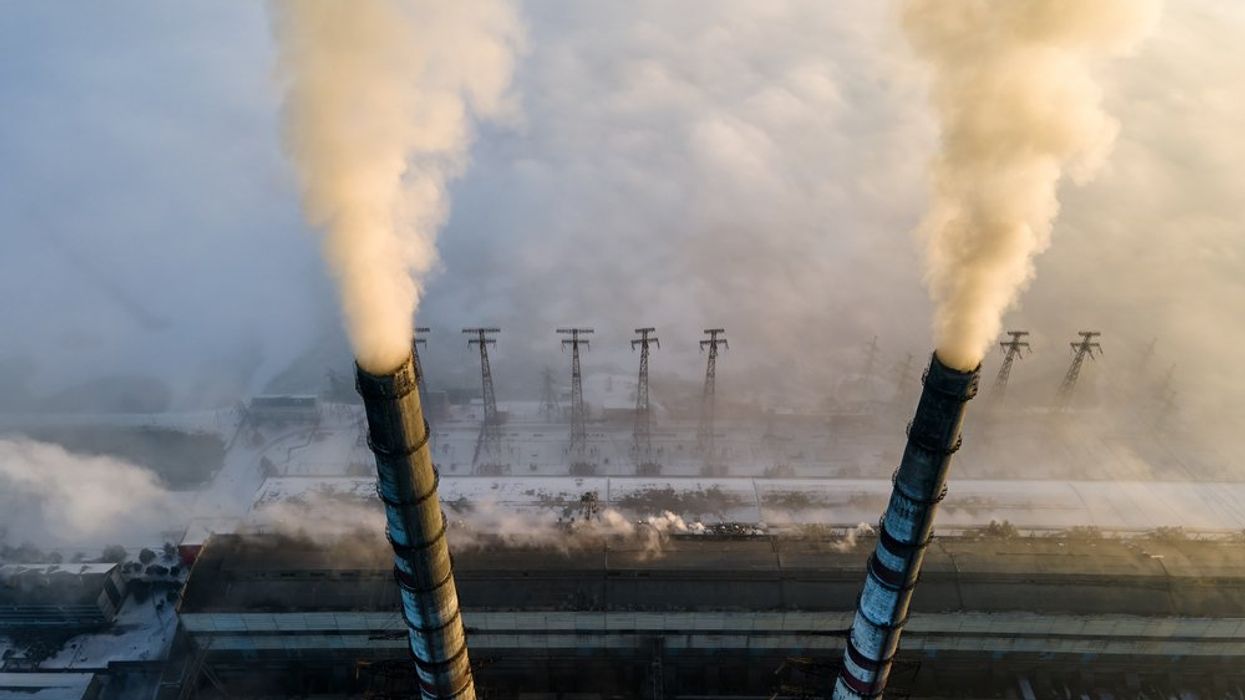Within the next five years, global temperatures are predicted to rise beyond an increase of 1.5 degrees Celsius (2.7 degrees Fahrenheit), making the world more likely than ever to pass key climate thresholds.
The World Meteorological Organization (WMO) said on Wednesday that there is now a 66 percent chance of reaching a 1.5C average by 2027, marking "the first time in history that it's more likely than not" temperatures will surpass those set levels, according to researcher on the annual report Adam Scaife via a press release.
Leon Hermanson, head of Britain's Met Office Hadley Centre, added that even reaching the mark temporarily is "an indication that as we start having these years with 1.5C happening more and more often, than we are getting closer to having the actual long-term climate be on that threshold."
The report from last year marked the likelihood of crossing the threshold as 50-50. Between 2017 and 2021, there was only a 10 percent chance. The report also predicted a 98 percent chance that the next five years will be the hottest on record, surpassing a 1.3C warming in 2016.
The Paris Climate Accords of 2015 set to limit greenhouse gas emissions to prevent global temperatures from rising above 1.5C. While the goal is still attainable, experts say that the WMO report reflects a failure among world leaders to limit fossil fuel usage.
“I think that the risk is real for everyone, whether you live in the northern hemisphere or the developing world," Jemilah Mahmood of the Malaysia Climate Action Council told Al Jazeera. "No amount of work and advocacy in the climate space is enough, when we have governance that is favoring fossil fuel production. We need to re-examine why there is so much inaction.”
Mahmood said that the report had left her "angry."
“We are facing what the UN has called an uncertainty complex. How can we accept this growing number year on year and wonder why humanitarian needs are increasing?” she said.


















































